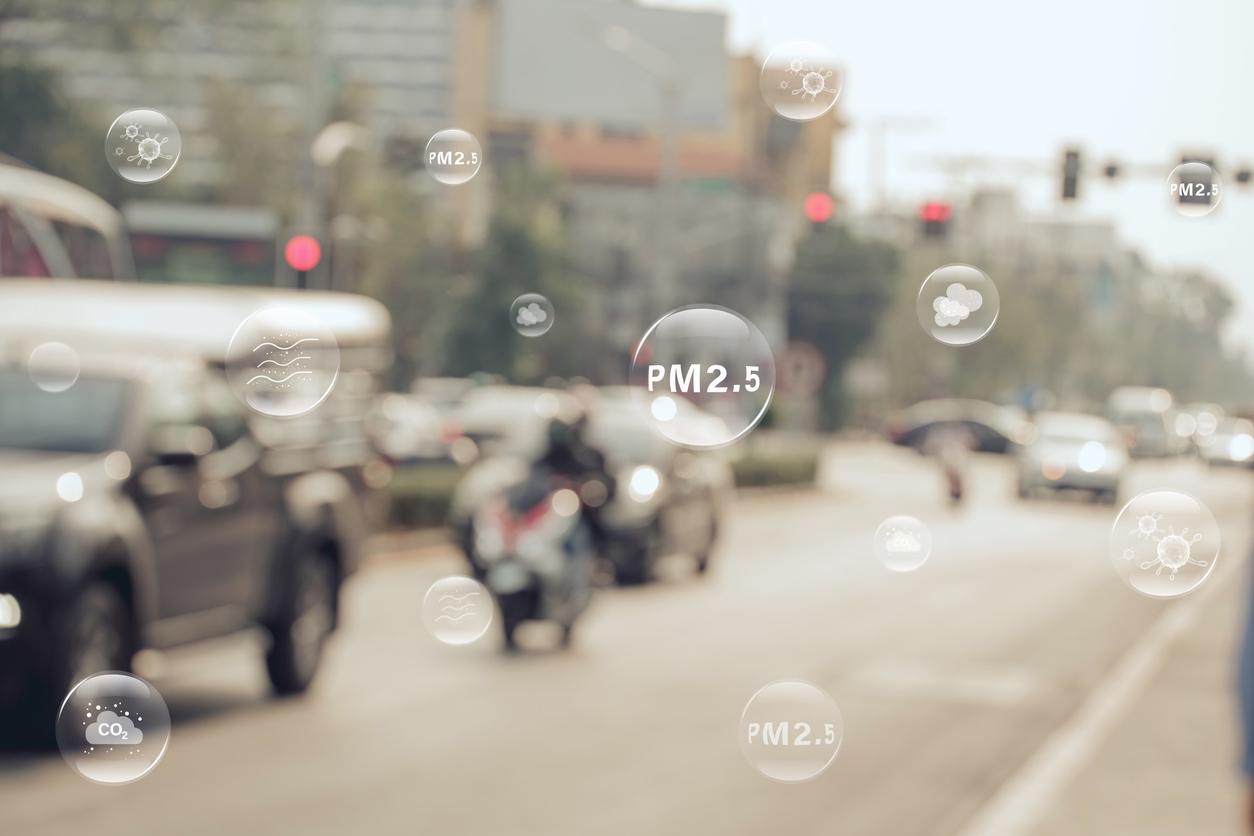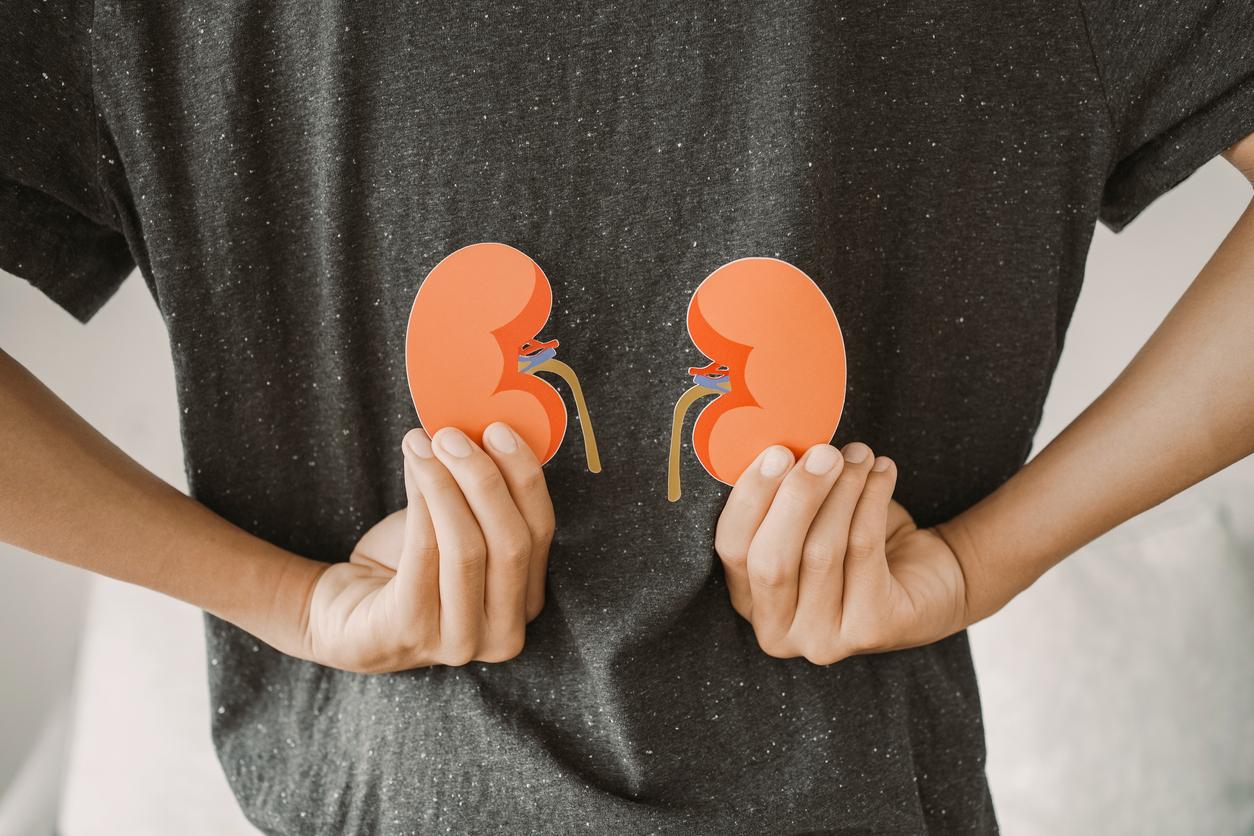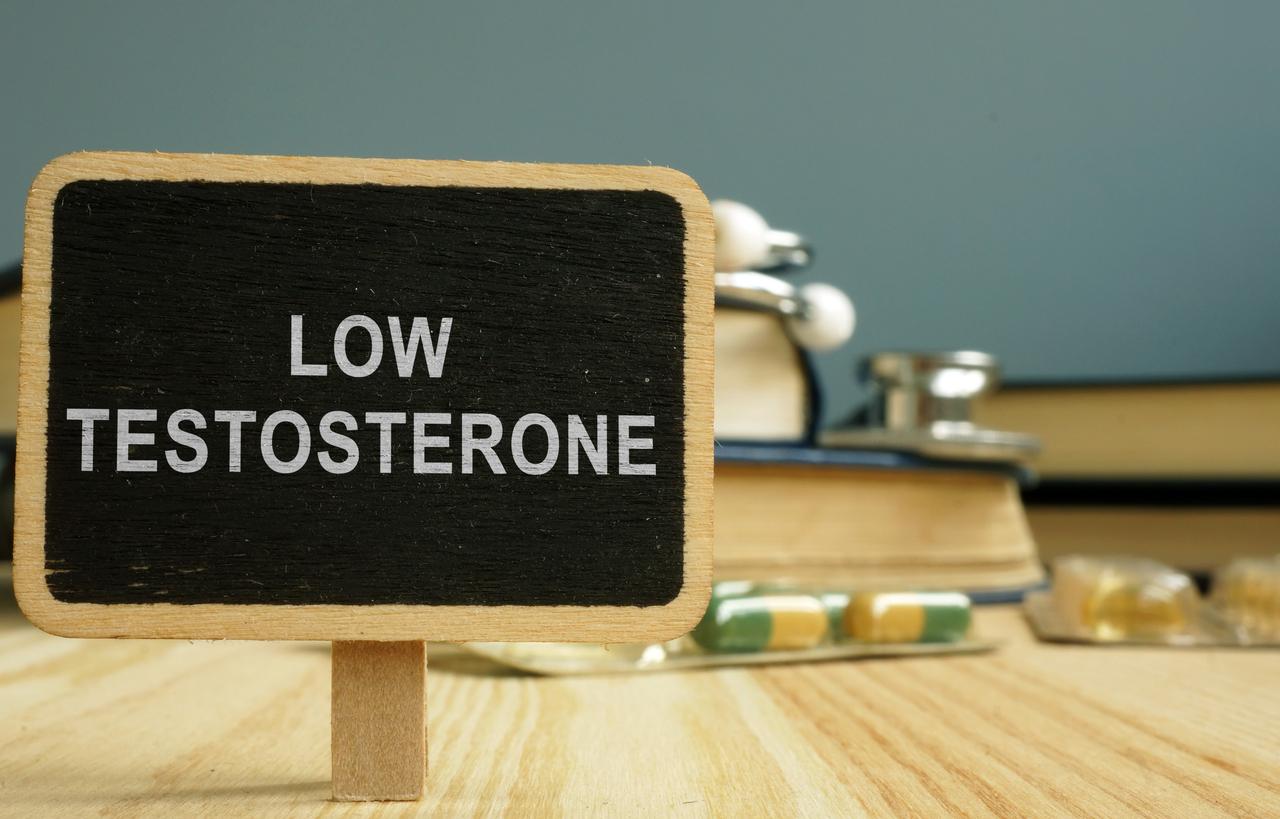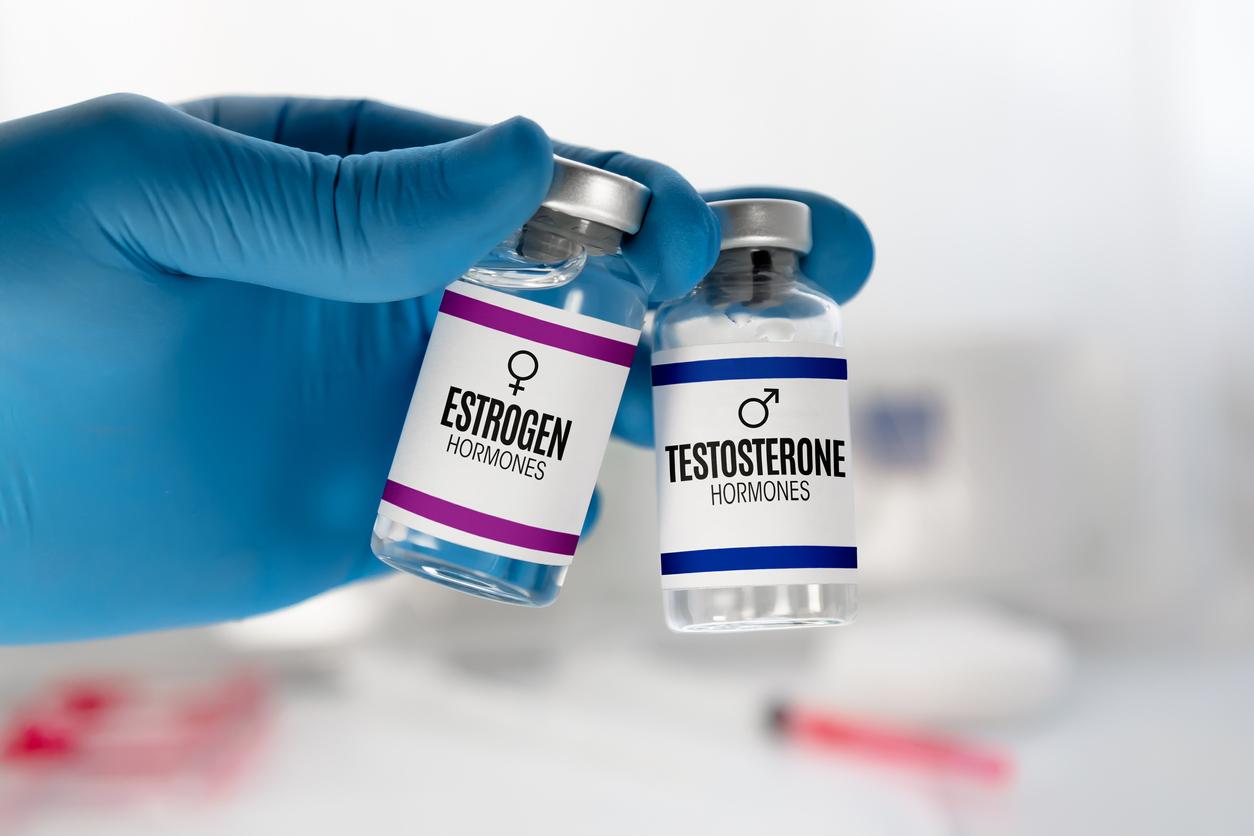Testosterone is a hormone secreted by the testes in men, in smaller quantities by the ovaries in women and also by the adrenal glands in both sexes.
In humans, testosterone production takes place during fetal life, then stops at birth and begins again at puberty. It is an androgenic hormone, that is to say that it is she who is at the origin of the development of male physical characteristics such as the development of the genitals, hairiness or even the shedding of the voice to the body. ‘adolescence.
At the sexual level, testosterone plays a crucial role in spermatogenesis, the maturation of sperm. But it is also the libido hormone par excellence, in men and women to a lesser extent.
Testosterone affects mood and decreases the reaction to stress. It is associated with social competition and dominance behaviors. With less testosterone production with age, men tend to become more passive.
Testosterone also has an anabolic role: it promotes bone and muscle development and stimulates the production of proteins, hence the attraction of high-level athletes towards it. At the same time, testosterone stimulates the production of blood cells (hematopoiesis), which has the effect of reducing recovery time after exercise.
Note that testosterone does not only have beneficial effects: in men, it contributes to age-related hair loss.
When testosterone runs out
Sometimes testosterone is not produced in sufficient quantities in humans, when the testis or the hypothalamus, the part of the brain that controls the production of testosterone, are not functioning properly. The lack of testosterone then leads to problems of sexual impotence and loss of libido. This is also the case in some obese, since the increase in fat mass stimulates the transformation of testosterone into estrogen, a feminizing hormone that can cause breasts to flare up.
However, despite the side effects that appear with a drop in testosterone levels, supplementation is not necessarily recommended. This could in fact increase the risk of cardiovascular illnesses or the development of cancer cells in case of predisposition to prostate cancer.
Read also :
Gynecology: what are estrogens used for?
Moods of testosterone
Cardiac arrest: a link with testosterone levels


















